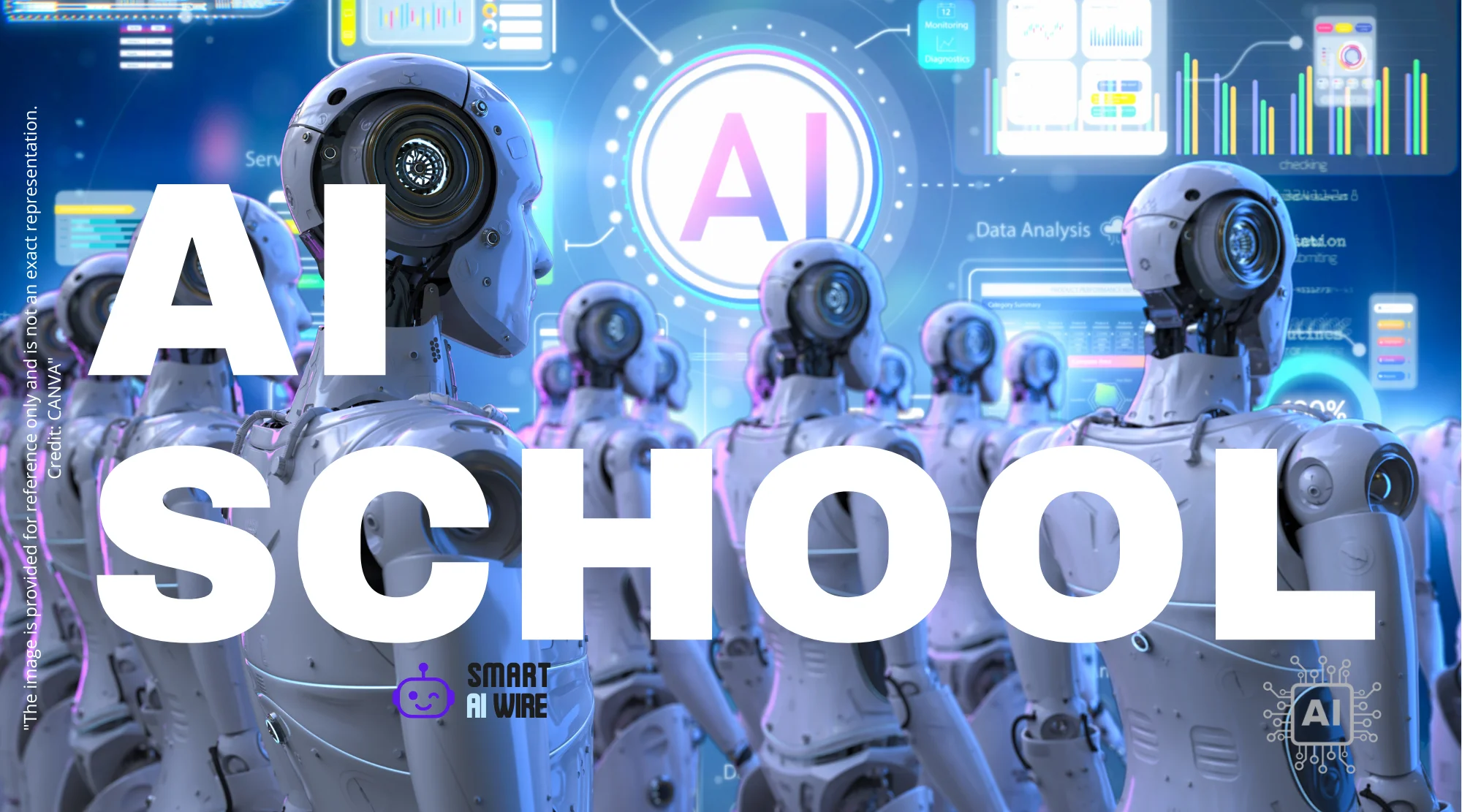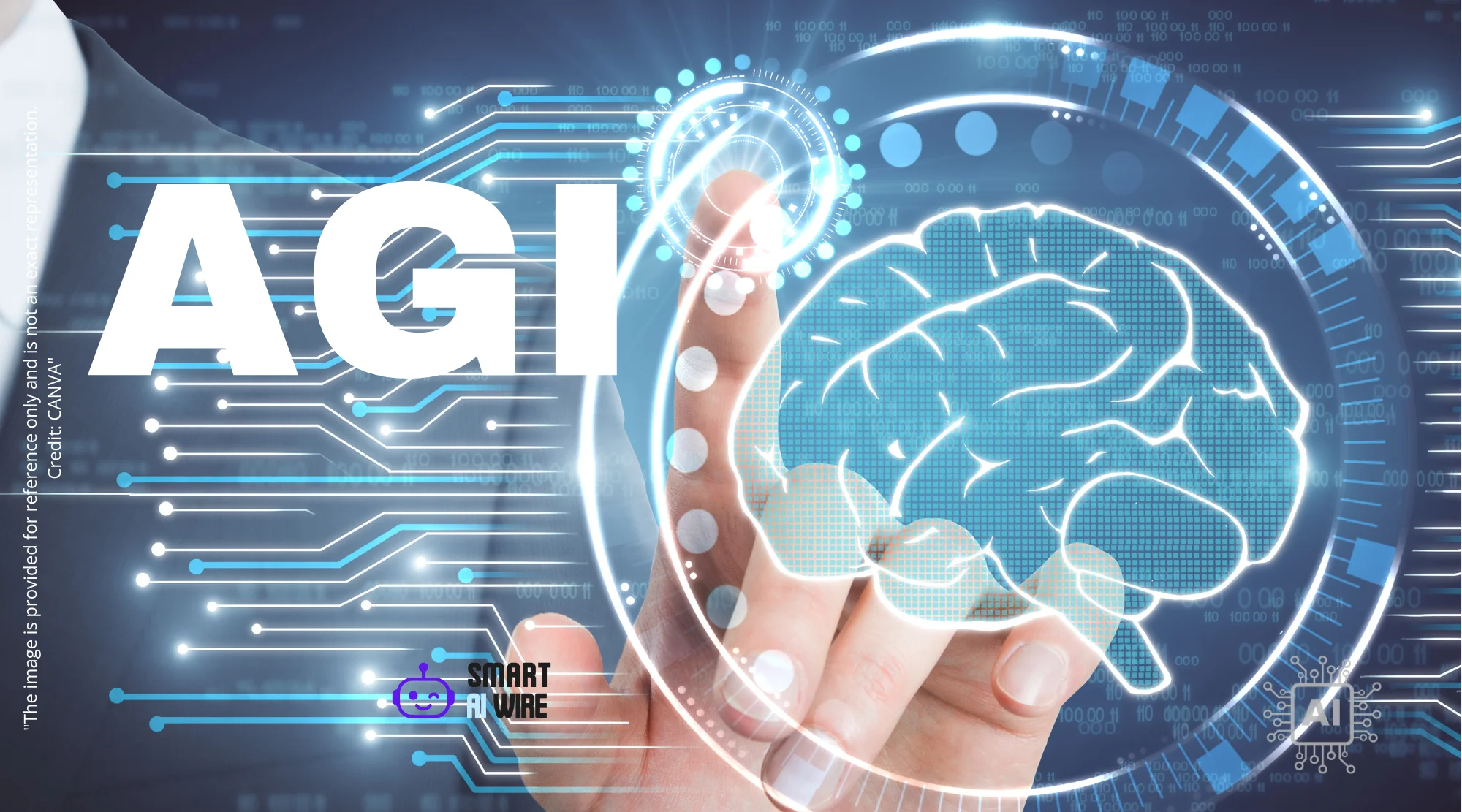Unlocking Tomorrow: The Exponential Rise of AI and its Transformative Impact
The future is no longer a distant horizon; it’s a rapidly unfolding reality shaped by artificial intelligence. From revolutionizing industries to redefining human interaction, AI is emerging as the most potent force of our generation. This article delves into the profound ways AI is reshaping our world, exploring its accelerating advancements, its diverse applications, and the critical considerations for navigating this transformative era.

The AI Landscape: A Symphony of Innovation
Artificial intelligence is experiencing an unprecedented surge in innovation, driven by breakthroughs in machine learning, natural language processing, and computer vision. These advancements are not merely incremental; they represent a paradigm shift in how machines can perceive, understand, and interact with the world. We are witnessing the birth of AI systems capable of learning, adapting, and even creating, pushing the boundaries of what was once considered exclusively human.
The development of sophisticated algorithms, coupled with vast datasets and increasingly powerful computing resources, has propelled AI from theoretical concepts to tangible applications. This rapid evolution is fueled by a dynamic ecosystem of researchers, developers, and businesses, all striving to harness AI’s potential. As AI models become more complex and capable, their ability to tackle intricate problems and generate novel solutions continues to grow.
The field of AI is characterized by its interdisciplinary nature, drawing insights from computer science, mathematics, neuroscience, and cognitive psychology. This cross-pollination of ideas is essential for developing AI systems that are not only intelligent but also robust, ethical, and aligned with human values. The continuous pursuit of more efficient and effective learning mechanisms ensures that AI’s capabilities will only expand in the years to come.
AI in Everyday Life: Subtle Integrations, Profound Changes
While the most advanced AI applications might seem futuristic, AI is already deeply embedded in our daily lives, often in ways we don’t consciously recognize. Virtual assistants that manage our schedules, recommendation engines that curate our entertainment, and navigation apps that guide our journeys are all powered by AI. These technologies enhance convenience and personalize our experiences, making everyday tasks more efficient.
Consider the way streaming services suggest movies or how e-commerce platforms recommend products. These personalized experiences are meticulously crafted by AI algorithms that analyze user behavior, preferences, and historical data. This not only improves user satisfaction but also drives engagement and sales for businesses.
Even seemingly simple tools like spam filters in our email inboxes or predictive text on our smartphones rely on sophisticated AI models. These systems learn from vast amounts of data to identify patterns, predict outcomes, and automate tasks, ultimately streamlining our digital interactions.
Revolutionizing Industries: A New Era of Efficiency and Discovery
The impact of AI extends far beyond personal convenience; it is fundamentally transforming entire industries. In healthcare, AI is assisting in disease diagnosis, drug discovery, and personalized treatment plans, promising more effective and accessible medical care. Early detection of diseases through AI-powered imaging analysis can significantly improve patient outcomes. For instance, AI can analyze medical scans with remarkable speed and accuracy, identifying anomalies that might be missed by the human eye. This has profound implications for fields like radiology and pathology.
Furthermore, AI is revolutionizing healthcare supply chains, enabling predictive tools for unprecedented resilience. This ensures that essential medical supplies reach those in need, even in times of crisis. The ability of AI to forecast demand, optimize logistics, and identify potential disruptions is critical for a robust healthcare system.
The financial sector is leveraging AI for fraud detection, algorithmic trading, and personalized financial advice, enhancing security and optimizing investment strategies. AI algorithms can process immense volumes of transaction data in real-time, flagging suspicious activities with unparalleled speed. This proactive approach to security is vital in safeguarding financial assets.
Manufacturing is embracing AI for predictive maintenance, quality control, and robotic automation, leading to increased efficiency and reduced downtime. AI can monitor machinery performance, predict potential failures before they occur, and schedule maintenance accordingly, minimizing costly interruptions. This not only saves money but also ensures continuous production.
In the realm of product development and management, AI is proving indispensable. Businesses are utilizing AI tools to streamline workflows, analyze market trends, and enhance customer engagement. AI-driven product management strategies are helping companies to not only create better products but also to understand their market fit and optimize their lifecycle. This holistic approach to product development is setting new standards for innovation.
The Creative Spark: AI as a Collaborative Muse
One of the most exciting frontiers for AI is its burgeoning role in creative fields. AI-powered tools are now capable of generating art, composing music, writing poetry, and even assisting in screenplay development. These creative AI applications are not intended to replace human artists but rather to serve as powerful collaborators, offering new perspectives and pushing creative boundaries.
Tools like Google AI Studio are enabling individuals to transform 2D photos into stunning 3D models using simple prompts. This democratizes the creation of complex digital assets, opening up new possibilities for designers, game developers, and artists. Similarly, AI image generators like ByteDance’s Seedream 4.0 are challenging established players with their innovative capabilities, showcasing the rapid advancements in this area.
AI is also helping to simplify complex creative processes. For instance, AI can assist in generating a variety of marketing assets, from product mockups to social media graphics, significantly reducing the time and effort required. This allows creative professionals to focus on higher-level conceptualization and strategy.
The Ethical Compass: Navigating the Challenges of AI
As AI becomes more pervasive, so too do the ethical considerations surrounding its development and deployment. Issues of data privacy, algorithmic bias, job displacement, and the responsible use of AI are paramount. It is crucial that we approach these challenges with foresight and a commitment to developing AI in a way that benefits humanity.
The development of AI companions for children, for example, has raised concerns regarding their safety and potential impact on child development. Regulatory bodies like the FTC are actively probing companies over these issues, highlighting the need for robust safeguards and transparent practices. Similarly, the potential for job displacement due to AI automation requires proactive strategies for reskilling and upskilling the workforce. Articles discussing AI job cuts and the demand for AI-related skills underscore this ongoing societal shift.
Addressing AI hallucinations, where AI models generate incorrect or nonsensical information, is another critical area of research. OpenAI’s acknowledgment of training flaws and potential fixes demonstrates the ongoing efforts to improve AI reliability and trustworthiness. Building AI systems that are fair, transparent, and accountable is essential for fostering public trust and ensuring that AI serves as a force for good.
The integration of AI into governance, as seen with Albania appointing an AI Minister, signals a growing recognition of AI’s potential to inform policy and improve public services. However, this also necessitates a careful examination of how AI can be used responsibly in governmental contexts.
The Future of Work and Learning in the Age of AI
The rise of AI is undeniably reshaping the job market. While some jobs may be automated, new roles are emerging that require human skills augmented by AI capabilities. The demand for professionals skilled in AI development, data science, prompt engineering, and AI ethics is soaring. This presents an opportunity for individuals to upskill and reskill, embracing lifelong learning to thrive in the evolving landscape.
The average pay for AI-related jobs is significantly higher than for many traditional roles, indicating the value placed on these specialized skills. To unlock higher salaries, individuals need to focus on acquiring in-demand AI competencies.
Education systems must also adapt, incorporating AI literacy and critical thinking skills into curricula. AI tools can personalize learning experiences, making education more accessible and effective for students of all ages. For example, AI prompts can simplify homework for children, making learning more engaging and less daunting.
Conclusion: Embracing the AI Revolution Responsibly
The trajectory of artificial intelligence is one of exponential growth and profound societal impact. From enhancing our daily lives to revolutionizing industries and unlocking new creative potentials, AI is a force that will continue to shape our world for decades to come. However, this transformative journey demands a responsible and ethical approach.
By fostering collaboration, prioritizing ethical development, and embracing continuous learning, we can harness the immense power of AI to build a more prosperous, equitable, and innovative future for all. The key lies not just in developing sophisticated AI systems, but in guiding their integration with wisdom, foresight, and a deep commitment to human well-being.




4 thoughts on “AI Revolution: Understanding Artificial Intelligence’s Transformative Impact Today”